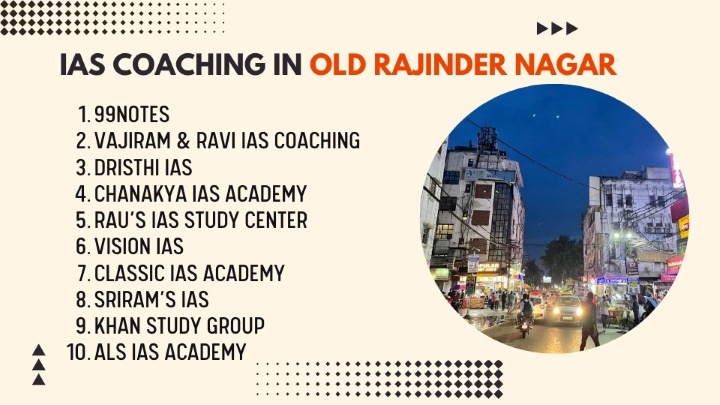India’s Foreign Secretary Vikram Misri Visits Dhaka to Strengthen Ties Amid Political Transition and Rising Tensions
(Source: Indian Express; Section: Explained; Page: 17)
| Topic: GS2 – International Relations |
| Context: |
|
Analysis of News:
Post-Hasina Scenario
- The collapse of Hasina’s government on August 5 led to widespread chaos, including mob violence targeting symbols of her regime, political figures, and bureaucrats.
- The violence extended to attacks on religious minorities, particularly Hindus, who were seen as aligned with Hasina’s secular policies.
- The unrest also resulted in diplomatic challenges for India, as its cultural center in Dhaka was attacked and Indian diplomats faced threats.
Communal Violence and Minority Concerns
- The fall of Hasina’s government witnessed a rise in communal violence, with incidents targeting Hindus and their establishments.
- Reports highlight over 2,000 communal incidents in August alone, with attacks on places of worship, homes, and businesses.
- The transitional government attempted to assuage minority fears, but tensions reignited following protests by Hindus and the arrest of Hindu monk Chinmoy Krishna Das.
India’s Response and Concerns
- India expressed concerns over the safety of minorities and the security of its diplomatic properties.
- Misri’s discussions with his Bangladeshi counterpart, Mohammad Jashim Uddin, emphasized the need for Dhaka to address these issues while ensuring that bilateral cooperation on development, trade, and connectivity remains unaffected.
Bangladesh’s Pushback
- The interim government, led by Yunus, criticized alleged biases in Indian media and dismissed India’s concerns as interference in Bangladesh’s internal matters.
- Yunus highlighted the potential for strained ties due to statements made by Hasina from India, accusing the new regime of persecuting minorities.
Forward-Looking Diplomacy
- India clarified its stance of maintaining a “people-centric” relationship with Bangladesh, focusing on mutual benefits in trade, energy, and development.
- Misri emphasized constructive engagement with the interim government to steer bilateral ties in a positive direction.
Conclusion
- The visit highlights the challenges in India-Bangladesh relations amid political transition in Dhaka.
- India seeks to balance its concerns for minority welfare and regional stability while ensuring its engagements with Bangladesh remain robust and forward-looking.
| What is the significance of Bangladesh to India? |

Bangladesh is important to India for several reasons, including
|
| Practice Question: Examine the diplomatic significance of Foreign Secretary Vikram Misri’s visit to Dhaka following the collapse of Sheikh Hasina’s government. Discuss the challenges in India-Bangladesh relations and suggest ways to ensure stability and cooperation in the bilateral ties. (250 words/15 m) |



